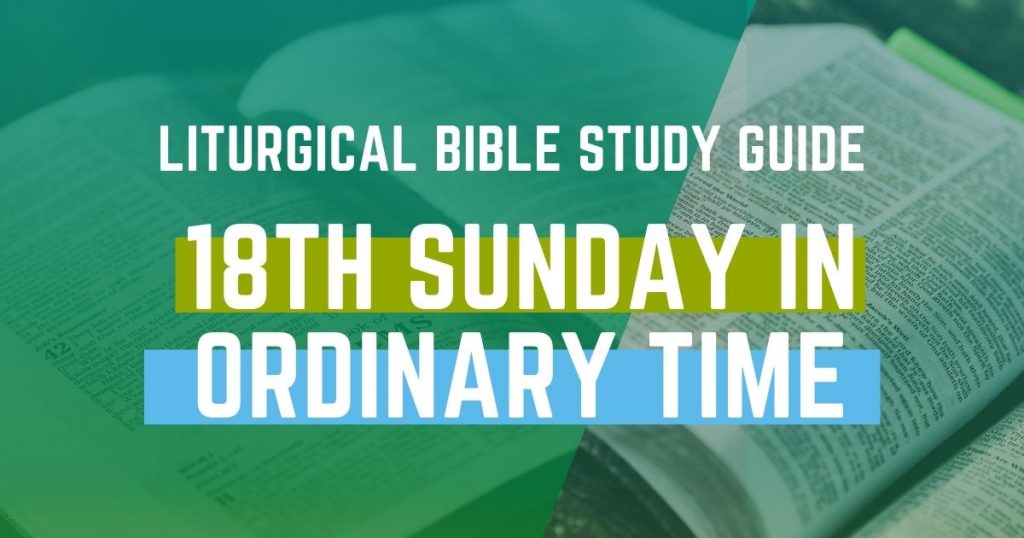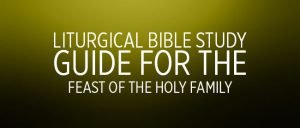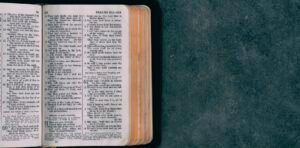1st Reading – Exodus 16:2-4,12-15
This reading takes us back in time to the period of the Exodus after the Israelites had left Egypt and before they arrived at Mount Sinai. The events recounted here take place in the Wilderness of Sin, an area just to the northwest of Mount Sinai. During their journey, God puts the Israelites to three tests to see if they will obey Him:
1) Marah (Exodus 15:22-27). Three days travel from the Red (Reed) Sea and no water had been found until they came to the waters of Marah (the name means “bitter”). Because the water is undrinkable, the people grumble to Moses who takes it up with God who shows him a piece of wood. When Moses throws the wood into the water, the water becomes sweet.
2) Manna & Quail (Exodus 16:1-36). This event occurs two and one-half months after leaving Egypt. This is what we will study today.
3) Water (Exodus 17:1-7). Now, instead of bitter water, they have no water at all. The people again protest to Moses and demand water, comparing their discomfort with the comfort they had enjoyed in Egypt. Moses talks with God, strikes the rock with his staff (the same one used to impress Pharaoh & part the sea) and water flows forth.
2nd Reading – Ephesians 4:17,20-24
Last week (17th Sunday in Ordinary Time, Cycle B) we heard Saint Paul’s call to unity. This week we hear him speak about interior renewal. Every Christian needs to lead a new life in Christ in order to contribute to the growth of the Body. This means one must shed the life of vanity and sin which one led before one’s conversion and put on Christ, the new Man.
Gospel – John 6:24-35
We now proceed on through John’s Gospel from the feeding of the 5,000 (which we heard last week); skipping over the account of His walking on water, to His discourse on the Bread of Life. If we had continued on with our studies in the Gospel of Mark (our Cycle B Gospel) instead of taking a detour the scenic route) through John, after recounting His walking on water, we would have hear of Jesus healing more sick and casting our more demons then the feeding of the 4,000 before we came to this point. In time we are one year prior to Jesus’ passion, death, and resurrection. There are three Passover periods mentioned in Holy Scripture; all of which appear in the Gospel of John:
1) John 2:13-12 – The cleansing of the temple immediately after the marriage feast at Cana.
2) John 6:4 – The feeding of the 5,000 which, along with Jesus’ walking on water, immediately precede this bread of life discourse. 4
3) John 11:55 – Jesus’ passion, death, and resurrection.





